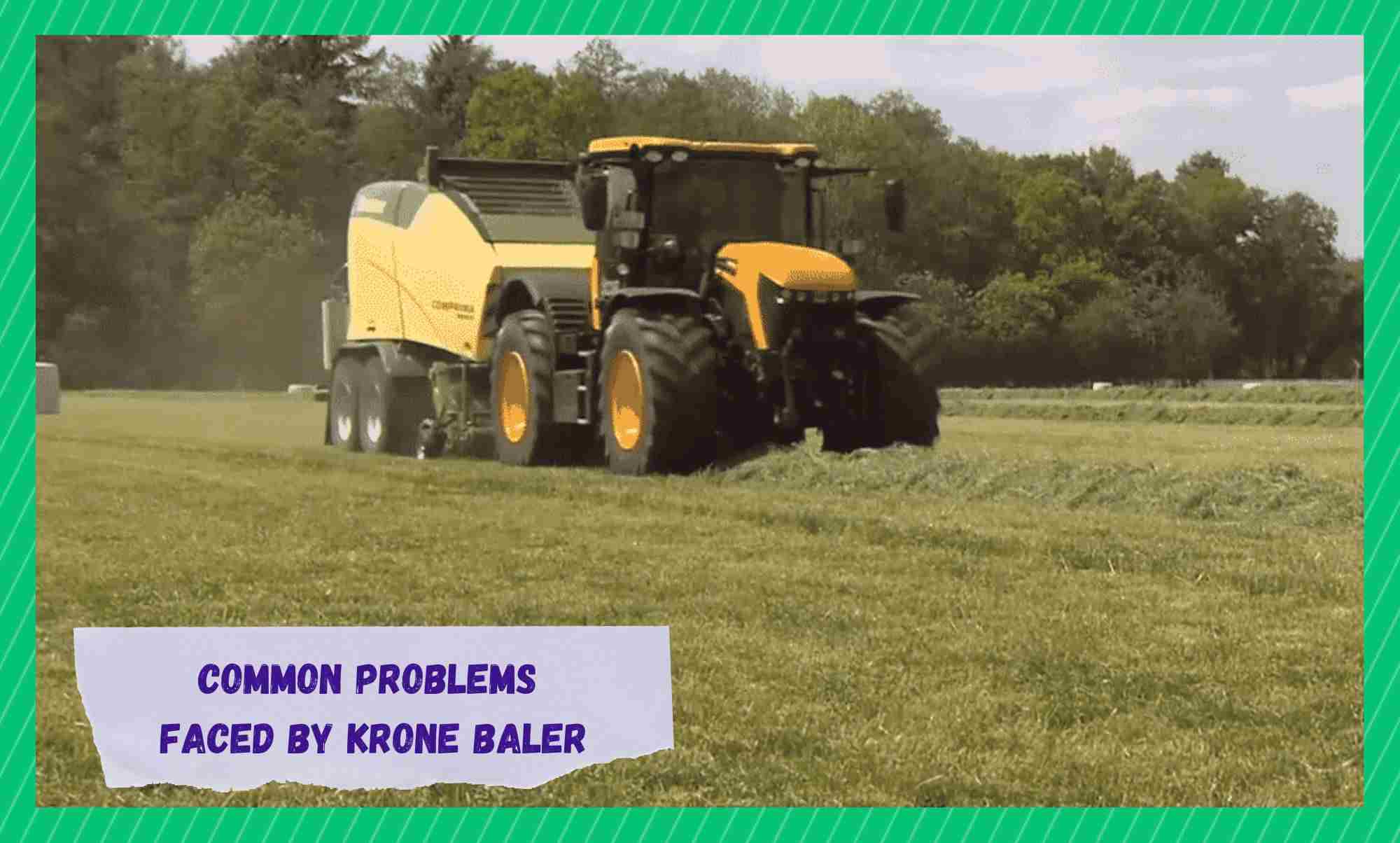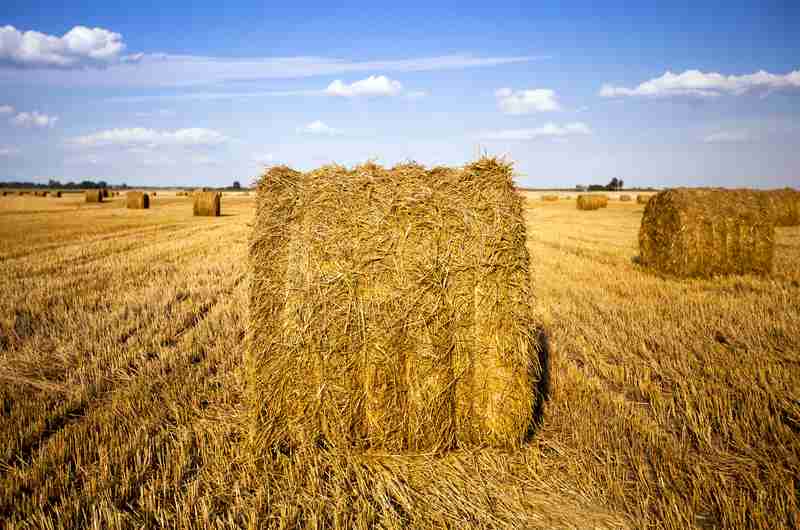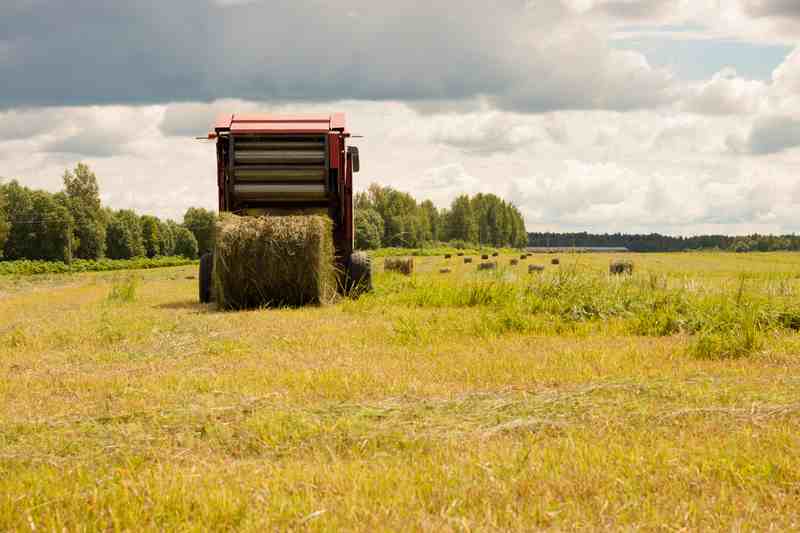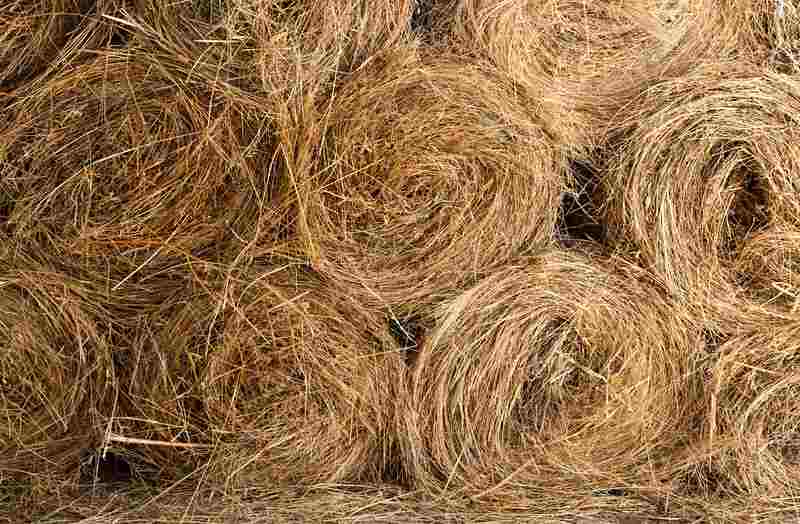
Balers have become increasingly popular over the past few years, and for good reasons. They allow for easy transportation and storage of crops. With a baler tool, you no longer need to make small bales and stack them manually.
They compress your crops and take away all the hassle from the process. Whether you want to compress hay or cotton, a baler tool can do it all.
Krone is a well-known agricultural machinery manufacturer. Based in Germany, the company started its journey in 1906. It was established to make farming more convenient and efficient, and it has been doing exactly that.
The company enjoys a tremendous global presence as it operates in many countries. It has provided its customers with many innovative products that completely revolutionized the farming landscape.
The Krone balers are known for their superior construction and durability. However, they may also run into a few problems at times, and when they do, it kills all the fun.
We have filtered users’ feedback and isolated a few common problems associated with Krone balers. This article will take you through those problems and their simple solutions. Let’s delve right into it without any further ado!
Common Problems Faced By Krone Baler
Here are a few problems you will likely encounter while using Krone balers.
- Sensor Showing Uneven Hay
It turns out that sensor problems are quite common in the Krone balers. Unlike most balers in the market, these balers feature sensors for your maximum convenience. They alert you when something goes wrong so you can deal with it promptly.
Many users have reported that sometimes, the sensors on the Krone balers keep showing uneven hay, even when it is kept even. There could be several reasons for this problem.
Your problem could be as simple as incorrect pressure. So, check your Krone balers and make sure that you have set the proper pressure for dry hay. Most farmers keep it low, which often leads to this problem. It is recommended to set pressure around 160 for the baler’s best performance.
- Control Says “Wrapping Process” When Not Wrapping
Although it is not a common problem, some users have stated that the control system of the Krone baler says “wrapping process” even when the baler is not wrapping the bale.
The best thing about Krone balers is that they use highly advanced technology. The company keeps innovating to improve its products, and the bale wrap feature is a good example of that. Using this feature, you can wrap your bale in plastic so that it can be turned into silage.
What’s even more? Krone balers feature control as well, which shows the status of different features. Many farmers have appreciated this feature and use it while baling.
However, the control of the Krone balers sometimes keeps saying “wrapping process” without actually wrapping the bale. This is more of a bug than a problem and has an easy fix.
To fix this bug, simply turn off your Krone baler and turn it on. And yes, be mindful that you will have to wait for a few minutes before turning it on again. Once done, it will likely fix the bug.
- Not Getting Tighter Hay Bales
Loose hay bales are another common problem that you may face while using Krone bakers. Sometimes, it is seen that the hay bales stacked by Krone balers are not tight enough. They are not extremely loose, but they are not tight enough for proper transportation and storage.
There is nothing more annoying for a farmer than loose bales. Apart from easy transportation, keeping the hay bales tight is also important for their health. This is because the hay bales that are kept tight are less exposed to air and unlikely to mold.
If your Krone baler is not making tight bales, it is probably related to its pressure. Remember that pressure is an important aspect of any baler, so it must be set right for its optimal performance.
It’s no secret that dry bales require more pressure. So, if you have selected a lower pressure, it would be a good idea to increase it to 160, especially when swapping from silage to hay.
- Baler Makes Too Much Noise
Krone balers are known for their smooth operation. However, they can start making too much noise at times. Sometimes, the noise is manageable. But most of the time, it can get too loud, making it impossible for you to work.
Regardless of the loudness intensity, the noise is a headache for all farmers, and there is definitely some problem that is causing it. And yes, the noise problem is not limited to the Krone balers only, as farmers who use balers manufactured by other brands have also faced this problem.
According to most users, the Krone balers make noise when you overuse them. During harvesting season, most farmers overuse the balers, which often leads to this problem. So, if you notice that your baler is making noise, the best thing will be to stop using it.
Turn your Krone baler off as soon as it starts making noise to avoid any damage to its system. Don’t turn it on right away. Give it enough time to rest. Use it after some time and see whether it still emits noise or not. If it does, it would be better to contact a professional.
If you are handy and want to repair your Krone baler, make sure to disconnect its power before starting the repair process. You may need to check a few components, including its wiring. For that purpose, consider using a multimeter.
A multimeter is a tool used to check the electric properties of a component. And yes, always keep yourself away from the moving parts of your baler.
- Other Sensor Related Problems
Krone uses premium quality components in its balers. However, the sensors used in its balers are not-so-great. No doubt, they do make the process a lot easier. But they often show problems too, which sometimes render them useless.
If the sensors of your Krone baler have stopped working, or are not working properly, consider cleaning them. Of course, dust particles from surroundings can get stuck inside the sensors of your baler and keep them from working properly. So, remove the sensors from the unit and visually inspect them.
It is advised to clean the sensors carefully as they are sensitive and can get damaged easily. The last thing you’d want is to cause additional damage to your sensors while trying to clean them.
If cleaning the sensors does not fix the problem, replacing them is your last resort. Get new sensors from the market and get the previous ones replaced.
If you do not have enough knowledge, call in an expert. Sensor replacement requires several tools that you may not have. So, consider hiring a professional, and they will deal with it. Furthermore, they will also diagnose the issue to make sure your new sensors keep working properly.
The Bottom Line
Krone balers are known for their innovative features and durability. However, they also show problems nevertheless. Their sensors may go bad, or they may emit loud noise sometimes. We have discussed all common problems and their viable fixes in this article.






I have a old 125 round baler the right twine finger stalls and won’t grab and run smooth like the left can you help.